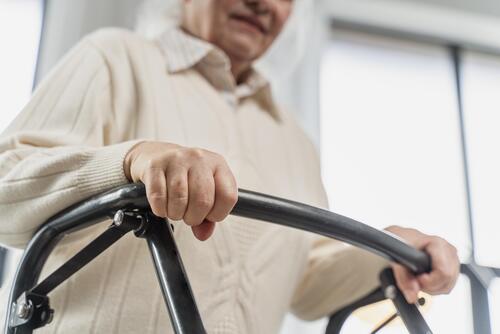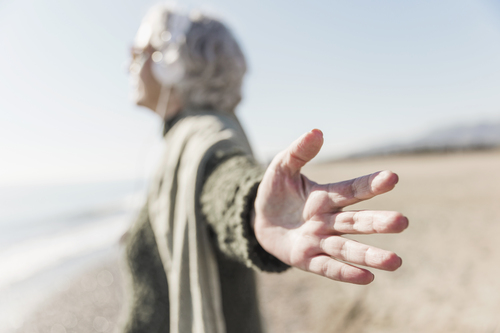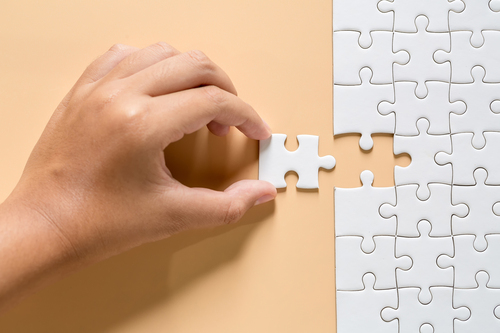Parkinson’s Disease: Symptoms and 7 Daily Activities to Improve Brain & Motor Health
Parkinson’s disease (PD) is a progressive neurological disorder that primarily affects movement but can also impact memory, mood, and overall quality of life. While there is no cure, incorporating simple, targeted activities into your daily routine can help slow cognitive decline, maintain mobility, and improve well-being.

What Are the Symptoms of Parkinson’s Disease?
Parkinson’s disease occurs when dopamine-producing neurons in the brain degenerate, leading to both motor and non-motor symptoms.
Common Motor Symptoms
- Tremors (shaky hands) – often starting in fingers or hands
- Bradykinesia (slowness of movement) – making everyday tasks harder
- Muscle stiffness or rigidity – reduced flexibility
- Postural instability – poor balance and frequent falls
Common Non-Motor Symptoms
- Memory lapses and trouble concentrating
- Speech changes – softer or monotone voice
- Sleep disturbances
- Anxiety or depression
Why Daily Activities Are Important for Parkinson’s Patients
Studies show that mental stimulation, physical exercise, and social interaction help slow symptom progression and boost quality of life. Activities that combine cognitive and motor skills are particularly effective because they:
- Stimulate the brain – improving memory and problem-solving
- Enhance coordination – keeping muscles active and strong
- Reduce stress and anxiety – supporting emotional well-being
- Promote independence – helping maintain confidence in daily living

7 Daily Activities to Support Brain and Motor Skills
1. Boost Memory and Problem-Solving with Puzzles
Engage in mental exercises such as crosswords, Sudoku, or jigsaw puzzles. These activities challenge the brain, strengthen problem-solving abilities, and help slow cognitive decline.
Tip: Spend 15–30 minutes daily on your favorite brain game.

2. Strengthen Vocal Ability with Singing or Reading Aloud
Parkinson’s often affects speech. Singing your favorite songs or reading aloud can help improve voice clarity and breath control.
Pro Tip: Join a local or online singing group for extra motivation.
3. Enhance Reflex and Coordination with Fun Games
Try interactive games such as Simon Says, Spot It, or simple video games to keep hand-eye coordination and reflexes sharp.
4. Practice Mindful Meditation and Journaling
Stress can worsen symptoms. Daily mindfulness meditation (10 minutes) and journaling can help reduce anxiety and track progress.
5. Explore Creative Motor Skills
Hobbies like painting, knitting, or pottery boost creativity and enhance fine motor control.
Reminder: Focus on the joy of creating, not perfection.

6. Cook with Focus
Cooking sharpens attention, sequencing, and hand coordination. Preparing meals can be therapeutic and rewarding.
7. Improve Balance and Mobility
Gentle exercises such as yoga, Tai Chi, or balance drills reduce stiffness and lower the risk of falls.
Safety Note: Perform exercises in a safe area and consult your doctor before starting a new routine.
Additional Tips for Success
- Be consistent – Small daily efforts work best.
- Combine activities – For example, listen to music while doing puzzles.
- Stay social – Join community groups or online forums for support.
When to Seek Professional Help
Contact your doctor immediately if you experience:
- Rapid worsening of symptoms
- Severe mood changes or depression
- Difficulty performing daily activities
For proper diagnosis and comprehensive treatment options, consult the specialists at Bukit Tinggi Medical Centre (BTMC), Klang.
Learn more here: https://bukittinggimedicalcentre.com/specialties/neurology


